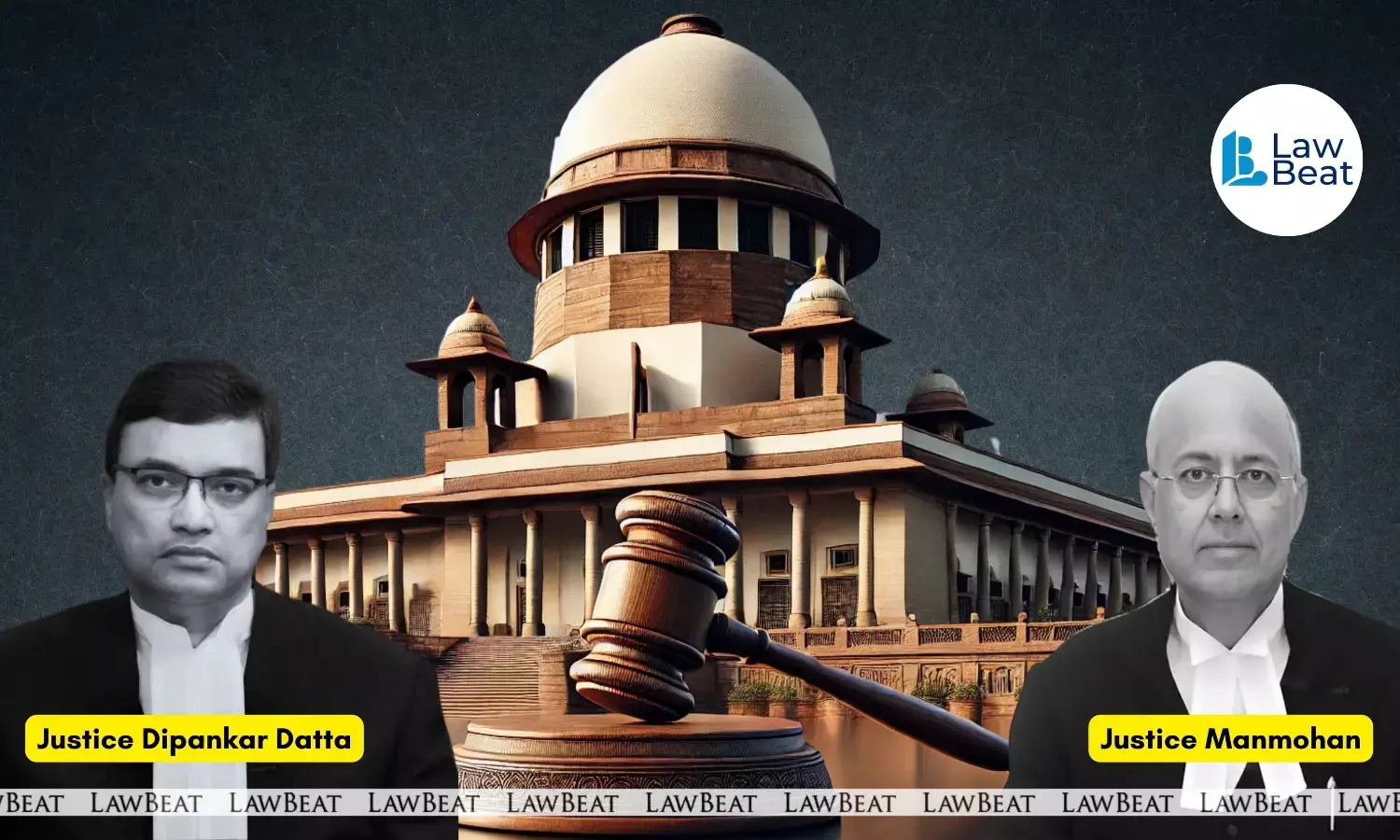'Appeal Doesn’t Mean Stay': SC Upholds Eviction of Coimbatore Tenants for 6-Year Rent Default

The Supreme Court of India says filing an appeal does not automatically stay an eviction decree
The Supreme Court has upheld the eviction of the legal heirs of a Coimbatore tenant who delayed paying rent for nearly six years, holding that merely filing an appeal does not suspend the obligation to comply with a rent order.
The bench of Justices Dipankar Datta and Manmohan ruled that the heirs of late K. Subramaniam, lessee of M/s Royal Agencies, were guilty of “wilful default” in paying fair rent to their landlord, M/s Krishna Mills Pvt. Ltd.
The dispute pertained to a commercial property on Avinashi Road, Coimbatore, measuring about 15,500 sq. ft., which had been leased since 1999. While the landlord claimed rent of Rs. 48,000 per month, the tenant contended that it was Rs. 33,000. After a long-running dispute, the Rent Controller in 2007 fixed the fair rent at Rs. 2,43,600 per month, later reduced slightly to Rs. 2,37,500 by the Madras High Court.
Despite the order, the tenant continued to pay the old rent and did not obtain any stay of the Rent Controller’s order. When arrears accumulated to over Rs. 68 lakh, the landlord filed an eviction petition in 2007 on the ground of wilful default. The Rent Controller dismissed it in 2019, holding that rent had been paid as per interim court directions. But the appellate authority in 2020 reversed that order, finding the tenant in default, a decision later affirmed by the Madras High Court.
Before the Supreme Court, Senior Advocate Jaideep Gupta, representing the tenant’s heirs, argued that there was no deliberate default since the rent amount was under dispute and payments were made per the apex court’s directions in 2012. The tenant had paid Rs. 25 lakh upfront and then cleared arrears in instalments of Rs. 15 lakh each month, as permitted by the court.
However, the Supreme Court found that the lessee had failed to make payments promptly and continued to pay a fraction of the fair rent even after the High Court confirmed it in 2011. “Mere filing of an appeal does not operate as a stay of the decree or order under appeal is the statutory ordainment in sub-rule (1) of Rule 5 of Order XLI, CPC,” the bench observed, adding that the tenant had never sought such a stay and therefore could not avoid liability.
Court noted that full settlement of dues occurred only in January 2013, nearly six years after the rent was fixed, which demonstrated that the plea that pendency of proceedings created uncertainty as to the quantum payable was of no avail to the appellants. “Such conduct cannot be reconciled with bona fide doubt as to liability,” Justice Datta wrote in the judgment.
Rejecting the argument that the landlord should have served a two-month statutory notice before eviction, court clarified that such notice was not mandatory and that the Rent Controller retains discretion to determine whether default is wilful even in its absence.
Holding the default as wilful, the Supreme Court concluded that both the appellate court and the High Court were right in ordering eviction. The appeal was dismissed, with the bench granting the tenants six months to vacate the property, subject to filing an undertaking within two weeks.
Case Title: K Subramaniam (Died) Through Lrs K S Balakrishnan & Ors vs M/s Krishna Mills Pvt Ltd
Judgment Date: November 11, 2025
Bench: Justices Dipankar Datta and Manmohan
